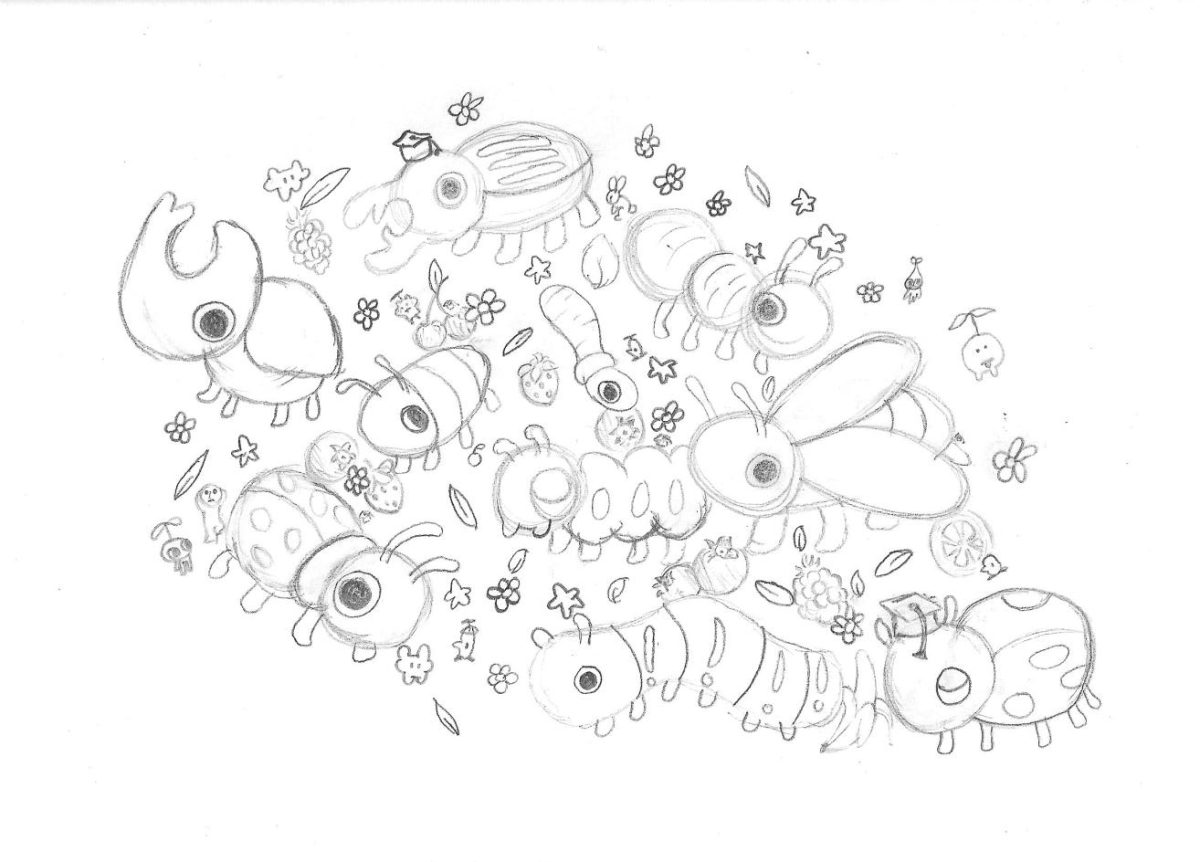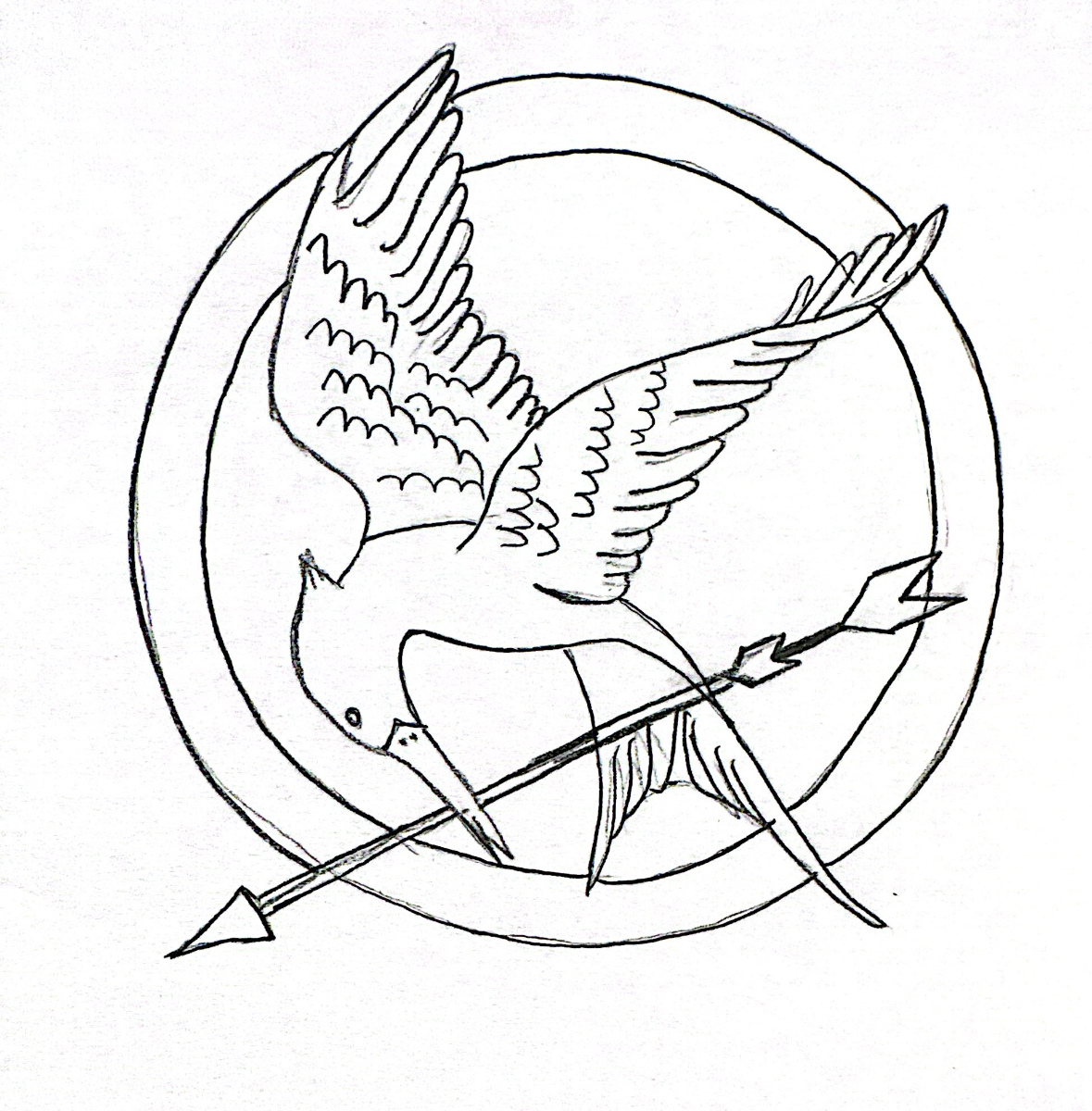Imagine you are on a bus, and you sit down next to a stranger and ask them how they are doing. If you did this in Norway, most people would look at you as if you came from another planet, and many would be very, very uncomfortable. This is because of social norms.
In Norway, minding your own business and not bothering others is considered polite behavior. If you talk to a stranger, they can become suspicious of your intentions and feel trapped in an uncomfortable situation. This makes new arrivals often think Norwegians are rude and do not care about others, and though this is not totally inconceivable, the “lack of care” is generally a sign of respect.
As any other country, Norway has various layers of social norms that most citizens follow. Norway does, however, have very strict social norms. America, on the other hand, is much more loose. This makes America a much easier country and culture to adapt to, likely being a part of the substantial diversity. Whether strict or loose social norms are the best or most correct is impossible to say. There are advantages and disadvantages to both; strict may help functioning and harmony within a community, but cause harm to those outside of it and lead to more discrimination. Countries with more loose social norms tend to be more open to new ideas and people, but are less organized and can have a weaker sense of belonging.
While being here in America I have noticed that Americans are more outgoing than what I am used to being around. It is more common to talk to strangers in the line at the store. At school, it seems like many greet and converse with acquaintances instead of just their closest friends. And small talk is a skill most people possess, and frequently put to use. Saying that this does not exist in Norway would be a lie, but I am under the impression that America is much more open and social, at least toward strangers.
Since this article consists of many generalizations, I recommend taking everything with a pinch of salt. The best way to learn a new culture is to experience it firsthand, but there are a bunch of other ways to learn too. “The Social Guidebook to Norway” by Julien Bourrelle surprised me time after time with accurate explanations of social workings that I had never given thought to. It helped me understand why I do the things that I do, and how I can adapt to better communicate with people from different norms.
Learning about other cultures is very valuable, both for society and the individual, but learning about your own culture is just as important. Reflecting over why things are the way they are and how it can affect others makes it easier for you to understand both fellow citizens and newcomers, as well as making traveling abroad more pleasant.
Categories:
Social Norms; Am I Being Rude or Polite?
Maja Sørheim, Reporter
April 12, 2024
1



